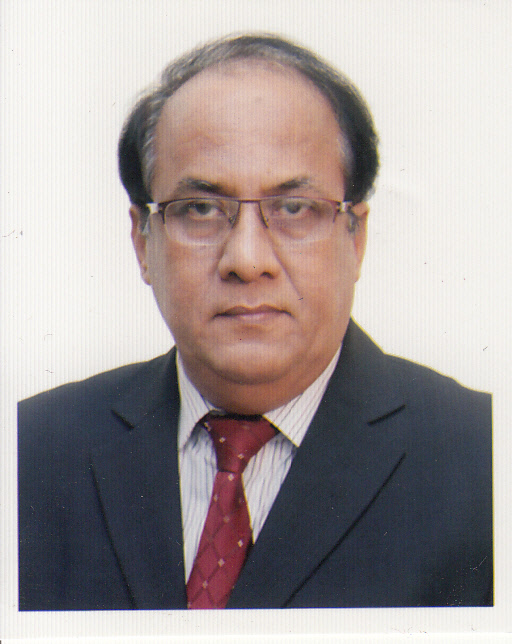City governance and unplanned development of Dhaka


Md Emdadul Islam
(Continued from last day's section)
In the recent times particularly from the second half of 1980s, the issue of good governance emerged at the forefront of global agenda for development. Quality of governance is being considered as the principal prerequisite for solving many problems and for the socio-economic development in the developing countries. Surfacing detail discussion on good governance is, however, not an agenda here. Focus is on how good governance strategies through different hierarchy of government might solve the stated issues. But the key constraints to the effective functioning of the city government (‘Nagor Sarker’) are unclear mandate and service responsibilities; lack of accountability; weak finances and financial autonomy; poor coordination and control among service agencies and weak management. Transport, power, water and sanitation all require capital intensive enterprises and require large investment. The backlog of demand for services suggests large funding needs. Much of the additional funding will need to come from service charges. Indeed, a part of city reform strategy will be formulated to develop viable city government that is able to attract private investment and mobilize public resources based on service delivery and attractive city environment.
Here, the theory of decentralization of functions is based on the principle of allocating public functions to those levels of government which can do it best. Based on notions of economies of scale and spatial incidence of benefits certain public expenditures, such as water distribution, sanitation services, solid waste management, local roads management, traffic management, certain aspects of transport services, are best placed at the local level. These have traditionally been part of the responsibility of urban local governments in many parts of the world. In Bangladesh, the present management structure does not put the full accountability for the city’s management in the hands of the mayor and city councilor. For example, water and electricity distribution—two important services affecting citizens’ welfare—are in the hands of the central government.
The challenges of urbanization and homelessness point to the magnanimity of the problem in coming years. To meet these issues squarely we will need sound urban planning and incentives to facilitate housing, particularly private sector housing initiatives. Job creation should be a part of the strategy so that expansion of employment and income will allow the urban population to move into formal and informal housing. The trend of slums in open spaces transforming themselves into private real estate, which has been experienced in the periphery of many urban cities in the developing world, also appears in the periphery of Dhaka’s income zones. This will necessitate urgent steps for improvements in land use planning, property valuation and taxation and improvement of service delivery.
It is also important to note that presently Dhaka city has been expanding rapidly in the north-eastern direction based on the Purbachol New Town and many other private and corporate initiatives around this Town. During the planning stage of Purbachol, I was proposed to decentralize many activities like taking away of President, Prime Minister, Minister and Top-Bureaucrats Office and Housing etc. there from the inner-city areas like ‘Putrajaya’ in Kualalampur of Malaysia, but it did not happen unfortunately. Today, it is the reality and many new and alternate infrastructures will be built there. But for a better management of these areas, urgent attention of Honorable Prime Minister is required for directing the authorities concerned to draw a suitable governance system of development.
The city is a complex and dynamic space, a contested political arena, a process of change and transformation, and a socio-economic system and thus it is difficult to capture and understand the city fully. Lack of institutional coordination is common here in respect to other sectors like planning-development and development control, transport and utility including health, education and community services.
Dhaka is expanding in an unplanned way without any major development decision or proper direction. The key services of the city need to adopt strong internal jurisdictional management to operate efficiently. Decentralization proposed by many studies must be done here. Comprehensive actions combined with inclusive planning and extensive consultations through an effective digitation process are urgently required to make the city sustainable and livable.
(Concluded)
Md Emdadul Islam is an Engineer-Planner -cum- Urban Analyst.



